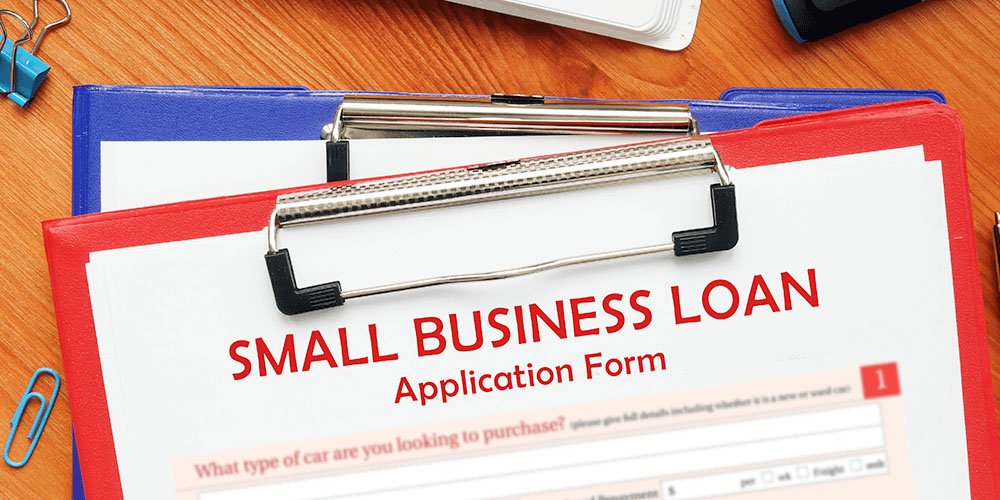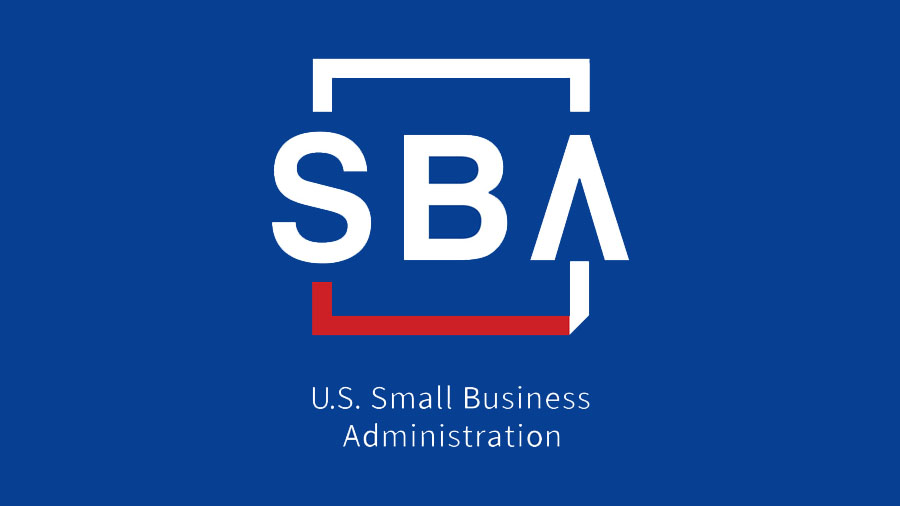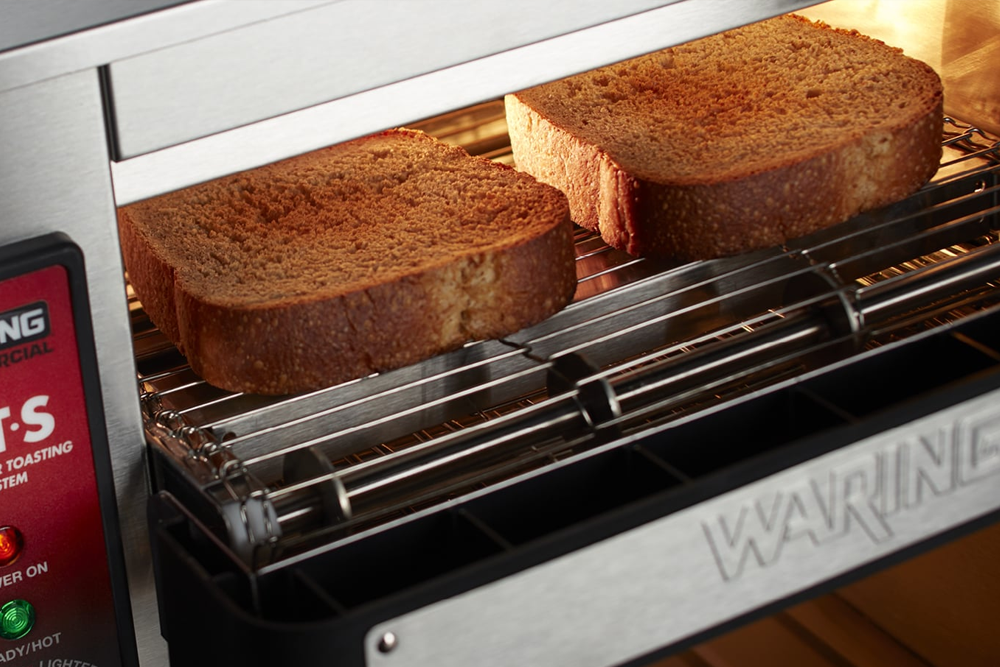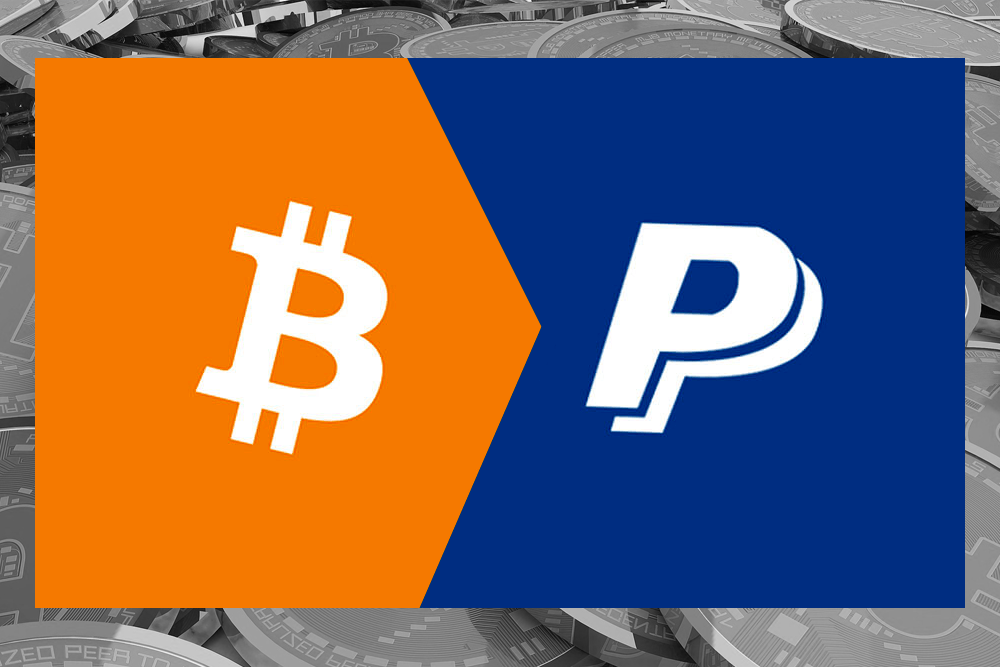What small business loans are available for small business owners?
Personal loans are not always available or the best choice for business financing; thus, a small business loan is a borrower’s alternative. Loans can either come from direct lenders or the Small Business Administration (SBA) through loan programs, like the Paycheck Protection Program (PPP). These programs can infuse financial support such as working capital loans when a business needs it the most.
It is important to understand what financing options a small business owner has when searching for a suitable business funding source. Learn which loan best serves the purpose of helping you start, expand or maintain your small business. .
Table of Content
- Your small business loan options
- The SBA Loan Programs
- How to determine the best small business loan for you?
- Where to get a small business loan
Your Small Business Loan options
There are varied types of loan options that are available to small business owners, including:
- Term loans – Business term loans offer the borrower a lump sum, with a fixed term and repayment term. For each payment, you will pay the interest as well as the principal. It is best to identify term loans that have low-interest rates.
- Business lines of credit – They are very similar to credit cards. Borrowers use it to buy equipment or inventory, manage any fluctuations due to seasonal sales, or invest in marketing.
- Invoice financing – Also known as factoring. If cash flow is an issue your business faces because you are waiting on unpaid invoices, you may invoice finance. When invoice factoring/financing, you are selling your unpaid invoices to the lender.
- Merchant cash advances – Lenders provide you with a lump sum based on your future sales. This loan is usually high cost, and you are responsible for paying the fees plus the loan amount. You can opt to do this through a cut of your sales or with a fixed transfer from your business bank account; this may be on a daily or weekly schedule.
- Real Estate loans – This term loan can also be called a commercial mortgage. It is utilized to purchase, develop, or refinance commercial real estate—warehouses, retail centers, and mixed-use buildings.
- Equipment loans – These loans are used for equipment financing. Borrowers use this loan to purchase and spread out the cost of a large procurement. The purchase may be a large piece of machinery or equipment for your small business. Frequently, the equipment bought will stand as collateral.
The SBA Loans Programs
As you consider SBA loans, bear in mind that they mandate a 10% minimum down payment on all loans.
The SBA 7 (a) Loan Program
They are the most common, simple, and most flexible loan programs the SBA offers. Standing as the Small Business Administration’s primary lending program, they are used for many purposes. Among these are; establishing a new business, working capital, expanding already existing businesses, and debt refinance.
Loan applications are conducted through a participating loan lender. Every SBA 7(a) loan will require collateral to secure a loan that hits certain amount thresholds. If you need a small amount of funds, then an unsecured business loan may be available.
Microloan Program
This loan program is available to startups, nonprofits, or existing businesses that are expanding. These loans can go up to $50,000 and are used for; equipment, furniture, supplies, inventory, or machinery. Strictly the microloan can not be used to pay any existing debt from your business credit card or purchase any property/ real estate.
Disaster Loans
Disaster loans aid with small business refinancing and the SBA has been mandated to practice loan forgiveness in light of the Coronavirus pandemic. The SBA directly offers these low-interest-rate loans. SBA’s types of disaster loans include the:
- COVID 19 EIDL (Economic Injury Disaster Loan), which was set up as a COVID19 resource to aid small businesses in the agricultural industry.
- RRF (Restaurant Revitalization Fund), which was set up during the COVID19 Pandemic to help keep small businesses in the food industry open.
The SBA 504 Loan Program
It can also be referred to as Equipment and Real Estate loans. The Small Business Authority makes available to small businesses with long-term and fixed-rate financing for major assets.
How to determine the best small business loan for you
Bear in mind that not every small business lender is looking to offer loans to all types of businesses. Your creditworthiness, annual revenue, time in business, tax returns, personal credit score, and business credit score will determine the limit of your choices. Hence to understand and improve your eligibility, it’s important to factor in how much you need, develop a solid business plan, have a good credit score, and generally have a favorable credit history.
When considering the best small business loan for you, it is important to consider the following;
- Observe Eligibility Requirements for loan applicants
- Research Loan Options
- Minimal Costs and Good Customer service
Focusing on these factors will help you single out SBA lenders from whom you are most likely to be qualifying for loan approval with acceptable terms, costs that you can manage, and reliable customer service.
| Lender: | Highlighted Feature: |
| BlueVine |
|
| Biz2Credit |
|
| Funding Circle |
|
| OnDeck |
|
| Rapid Finance |
|
| TD Bank |
|
Where to get a small business loan
Entities that deal in small business lending are banks, credit unions, online lenders, and alternative lenders.
The Banks and credit unions
Traditional banks and credit unions typically deal with larger, more well-established small businesses. If the Small Business Administration backs the loan, you’ll have a better chance of getting funding from a traditional bank. If you have an existing relationship with the lender, such as a business bank account, loan approval may be easier.
Online lenders
Online small-business lenders typically offer products similar to those of banks and credit unions just without a branch. You should expect a quick and easy online application process for small-business financing options, such as term loans and lines of credit. Some online lenders can be considered alternative lenders. This is because they offer more flexibility than commercial banks due to less regulated loan products. They provide loans to borrowers who otherwise may not have access to small-business financing, such as startups.














